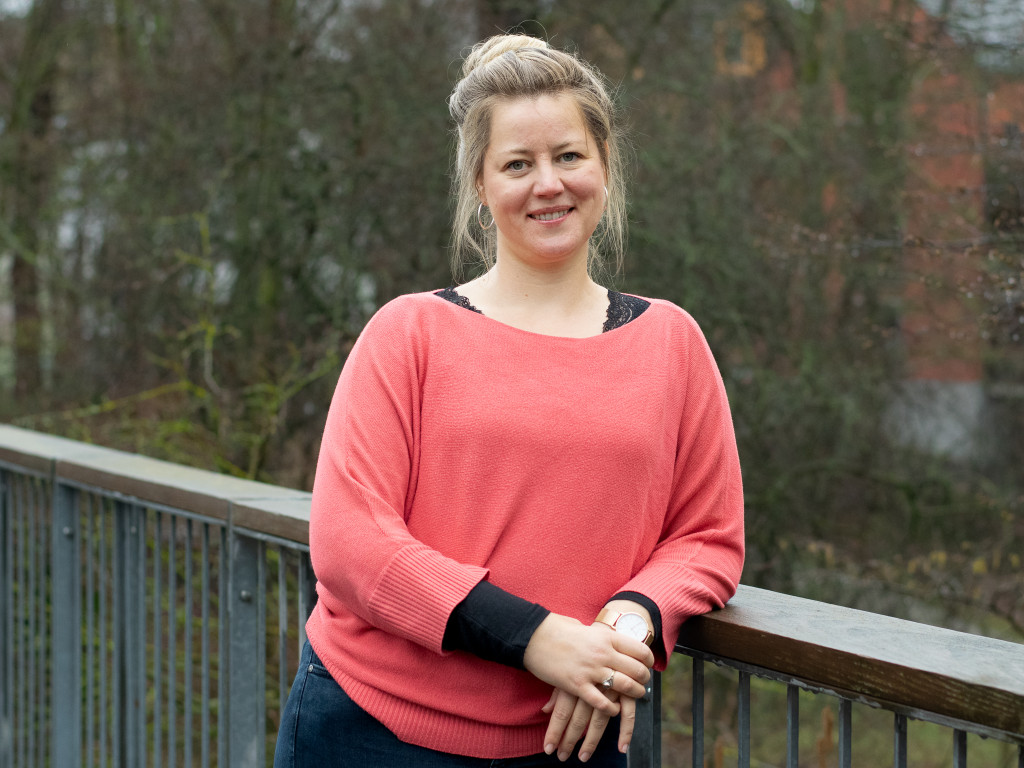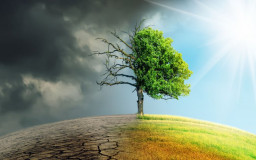Melanie Czarnofske

Melanie Czarnofske (Photo: Katherin Gutierrez)
Melanie Czarnofske was born in Staaken near Berlin in 1983 and studied cultural studies (Bachelor of Arts) in Frankfurt (Oder), specializing in cultural history, folklore and social sciences. There she dealt with gender studies, German-Polish stereotypes, GDR history and women in the GDR. During a semester abroad in Tampere, Finland, she studied intercultural communication. She completed a Master of Arts in Cultural Management at the Franz Liszt University of Music Weimar and the Friedrich Schiller University Jena, specializing in association and foundation law.
She then worked for more than 10 years as a cultural manager for a music association in Weimar, as well as for other clients such as the Bürgerstiftung Weimar and the mon ami municipal cinema in Weimar. There she organized film festivals in cooperation with Aktion Mensch on social topics such as inclusion, power and civil society as well as a film series on the 100th anniversary of the beginning of the First World War with film talks and discussions.
As part of her work as project manager of the State Youth Ensemble for New Music Thuringia at the State Music Academy Sondershausen, she has already worked with young people and organized concerts and concert tours to Switzerland and South Korea, among other places.
How did she get into political education? She came to political education during her Master’s degree through an internship at the Friedrich Ebert Foundation in Erfurt, where she worked as a seminar assistant for several years following her internship.
What is your passion/passion? One passion is traveling. Melanie has already traveled to South Africa, New Zealand, Finland, Belarus, Russia, Australia, Spain, Italy, Sweden, Poland, Malta, Greece and South Korea, among other places, and would definitely like to go to Latin America. She is currently learning Spanish. She is also passionate about playing the guitar and singing, dances salsa and bachata and enjoys baking cakes and tarts. Being open to the world and discovering new things are important to her.
What topics does she work on? Climate change and human rights, climate justice, the sustainable transformation of society, existing economic and social differences between East and West Germany, discrimination against East Germans, workshops on fundraising and third-party funding acquisition for non-profit organizations (based on her experience in project management).
What is her personal connection to the topics? Melanie grew up in the countryside and spent a lot of time in nature as a child. Nature gives her strength and energy to recharge her batteries and is an important part of her life. She also had a strong sense of justice as a child and stood up for the weak. Her trip to South Africa at the age of 16 confronted her very directly with issues such as colonialism, global injustice and the apartheid regime.
As a long-standing member of Greenpeace and Amnesty International, she is increasingly concerned with sustainability issues, climate change, environmental protection and human rights. In 2019, she completed a certificate course on ecosystem-based environmental protection at the University of Rostock.
Her connection with nature is very important to her and she would like to give the younger generation an understanding of the interactions between humans and nature.
What are her pedagogical approaches, how does she want to shape education? She wants to convey complex knowledge in a way that is easy to understand, playful and experience-oriented.
Melanie lives in Weimar and can imagine working anywhere in Germany by arrangement. She offers workshops in German and English.

